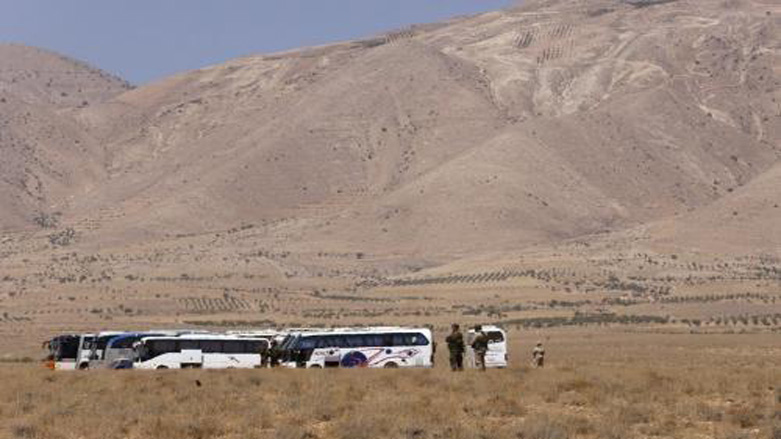Iraq sentences to death Russian linked to IS

ERBIL, Kurdistan Region (Kurdistan 24) – An Iraqi court in Baghdad on Tuesday handed a death sentence to a Russian accused of working with the Islamic State (IS) after he was captured in Mosul.
In an official statement after the verdict was handed down, Abdul Sattar Berqdar, the spokesperson for Iraq’s Supreme Judicial Council, said the Russian was “accused of belonging to the so-called Zarqawi battalion.”
The battalion is named after al-Qaeda leader in Iraq Abu Musab al-Zarqawi, who was killed in 2006 in a US raid in Diyala.
Berqdar said the defendant, who was not named, was arrested by Iraqi security during the liberation of Mosul in the western side after he “ran out of ammunition.”
According to Iraqi judicial authorities, the accused Russian admitted to carrying out multiple attacks against Iraqi forces since 2015 as an IS affiliate.
The Iraqi Supreme Judicial Council gave no further details but noted the defendant, “in accordance with Article 4.1 of the anti-terrorism law,” was sentenced to death by hanging.
Last month, Iraqi authorities announced a local court in Mosul had ordered the execution of four IS terrorists, including a man who was accused of recruiting fighters.
The number of detainees held in Iraqi prisons is unknown. The number of those likely to face the same fate also remains unspecified.
The move may raise concerns among international human rights organizations who have repeatedly called on Iraqi authorities to abolish the death penalty and claimed defendants are not given proper legal representation.
Iraqi forces say they have killed roughly 25,000 IS militants in the battle to regain control of the city of Mosul and its surrounding areas.
Iraqi authorities have allegedly arrested many foreign-born fighters, but their exact number has not been disclosed.
On Sunday, Baghdad announced they were negotiating with the embassies of foreign nations to facilitate the return of IS family members.
It is unclear what the status of foreign-born fighters and their families would be under Iraqi law and whether they would be extradited back to their home countries for prosecution.
Editing by Karzan Sulaivany

